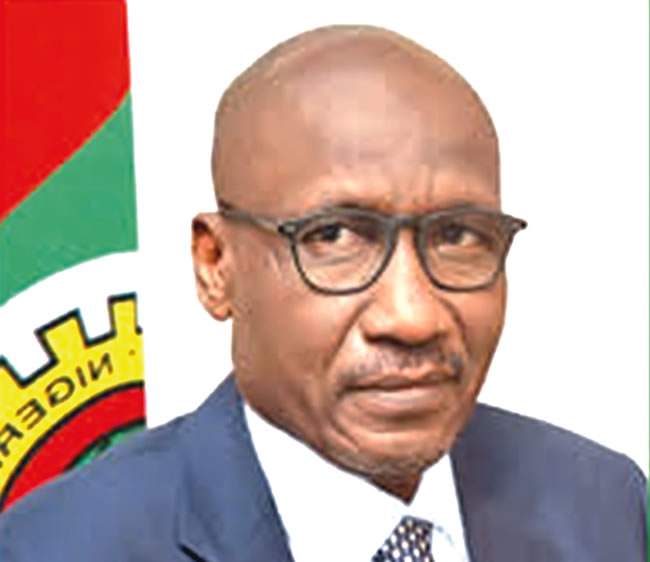As the world races towards the transition to clean energy, the Group Managing Director (GMD) Nigerian National Petroleum Company (NNPC), Mele Kyari, has said that slowing down investment in hydrocarbon ventures will not guarantee global energy security in the near future.
The United States, Canada and 18 other countries had at the COP26 climate summit, 2021 pleaded to stop public financing for fossil fuel projects abroad by ending of 2022.
But, the GMD while giving his perspective on energy transition in the 2022 Global Energy Agenda said although, halting investments in fossil fuel projects may provide the right incentive for energy transition, “it cannot guarantee global energy security in the near future,” as energy demands are growing faster than renewable energy maturation.
As a result, he said there was a need for global adoption of a more inclusive consensus, that considers complementarities and trade-offs between and within policies and policy objectives.
“As a commercially driven entity, we are leveraging the current industry dynamics to diversify and grow our portfolio in order to maintain relevance in the global energy market.
ALSO READ FROM NIGERIAN TRIBUNE
- Suspense As APC, PDP Governors Meet In Lagos
- I Had Sex With Sofiat Before We Cut Off Her Head, Removed Flesh From Her Thigh For Money Ritual —Lover Boy
“Additionally, we are reassessing the brown and green assets for our Carbon Budget and environmental credentials as part of our transition to an energy company of global excellence,” he said.
Kyari noted the importance of inclusive policy actions that guarantee access to finance and low-carbon technology as key to sustaining global energy security and equitable growth even as the world transits to a carbon-neutral economy.
He disclosed that the company’s strategy for achieving carbon neutrality is centred around three principles which are; adoption of low-carbon technology across its operations, deepening natural gas utilisation to reduce energy poverty, and investment in clean energy technology and products.
“We believe these principles are most likely to support a smoother transition to a carbon-neutral economy without compromising access to the cheap and readily available energy resources that will be required to address energy poverty and support country-specific development priorities,” he said.
Marburg Virus: What You Need To Know About Disease Recently Detected In West Africa
Slowing down investments in hydrocarbons will not guarantee global energy security ― Kyari






